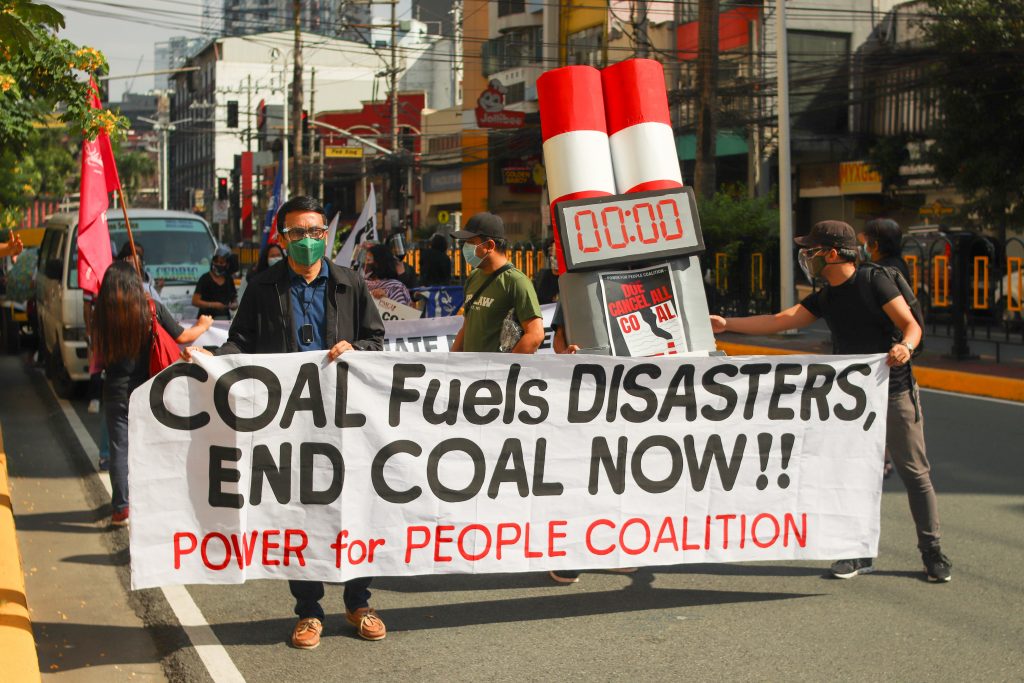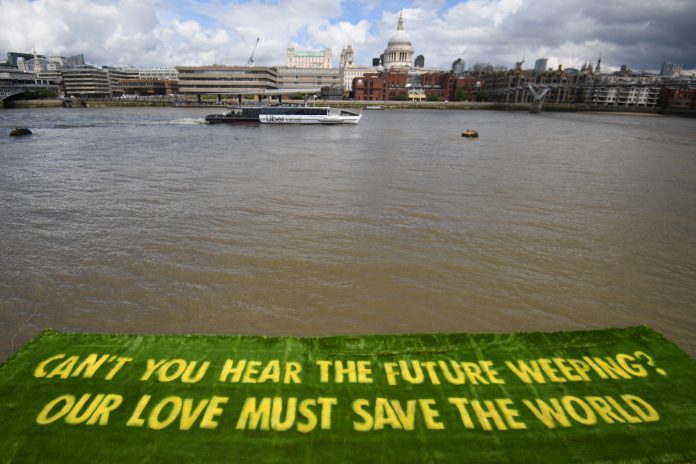“Inclusivity versus urgency” seems to be an emerging theme a few weeks away from the start of the 2021 UN climate summit (COP26) in Glasgow, United Kingdom.
Deemed as the most important conference since the adoption of the Paris Agreement in 2015, higher ambition in the form of drastic decarbonization and more support for adaptation of vulnerable nations are among the key issues to tackle in this event.
However, a coalition of green organizations has recently called for its postponement to early 2022. Groups such as Climate Action Network International and Greenpeace have cited the lack of urgency by the COP26 organizers in providing COVID-19 vaccines for delegates from Global South countries. Most of these countries are in the “red list,” meaning they will have to undergo quarantine upon arrival in the UK. This presents financial and logistical challenges for participants.
It is unfortunate that we find ourselves once more in this predicament. The pandemic has created a major obstacle to global climate action not only in terms of limiting interactions between and among different stakeholders, but also on inequalities in access to vaccines. Many of the inequalities that give rise to vulnerabilities to climate change also impacts how nations and communities are affected by the pandemic, with the worst being experienced by the Global South.
Nevertheless, the bottomline is clear: We cannot afford to delay COP26 for a second time. Parties, observers, we all share the same goal: limiting global warming and avoiding catastrophic impacts. Action has already been delayed for far too long. And yes, even delaying it for a few months makes a significant difference, given the most recent findings of the IPCC.
The message from the 4,000-page report is clear: Human influence through excessive greenhouse gas emissions in pursuit of the old notion of “development” has triggered an “unprecedented” changing of the environment, and not for the better. Without drastic emissions cuts, we are unlikely to avoid catastrophic disasters and impacts in the following decades.
Given these findings based on the best available science, can we really postpone the Glasgow climate summit?
This statement is not to ignore the aspect of inclusivity and equitable representation in the climate summit, which has been a longstanding issue as recently as the conference in Madrid. After all, this is a significant reason we have had 25 negotiations that have yielded slow, inadequate progress for adaptation and mitigation strategies.
This is the result of lack of urgency by the COP26 Presidency, the UK government, and the UN Framework Convention on Climate Change (UNFCCC) Secretariat in ensuring fair inclusion of Global South delegates during the two-week negotiations. They had an extra year to not only prepare for the climate summit, but also to adapt to the logistical problems presented by the pandemic.
At the very least, COP26 must feature a hybrid system of in-person and virtual avenues for engagement. The in-person events should prioritize the actual negotiation sessions and high-level events, with a few observers allowed within the venue to monitor the situation. Meanwhile, side events and exhibits can be reserved for the virtual platforms, reducing the risk of exposure to COVID-19 for many participants.

To be fair, the COP26 organizers announced it will pay for the quarantine expenses and initiate a vaccine rollout of Global South delegates. They also intend to set up virtual platforms for exhibits, side events, and other engagements involving both Parties and observers.
Yet many aspects of these plans remain unclear to the public, with less than two months left before the beginning of the conference. For an issue as urgent as the climate crisis, uncertainties bring up nothing but doubts and frustrations, especially those from vulnerable nations.
With previous summits being sponsored by many companies (including fossil fuel giants, which should never happen), it is unlikely that the organizers lack technologies and resources to implement a hybrid system. This is also accounting for the lessons learned when conducting inter-sessional and pre-COP events virtually for more than a year.
Unlike the previous years, the circumstances surrounding the Glasgow talks are more complex. COVID-19 cases remain high worldwide and would not likely slow down in time for COP26, with vaccine rollouts even in developed nations being not as fast as anticipated. As important as the upcoming negotiations are, there are many other ways for us to contribute to the cause for climate action.
For instance, civil society groups, businesses, and other sectors can focus more on pressuring the positions of their respective national governments before the conference, on issues such as carbon markets, loss and damage, and climate finance. They can also monitor the bilateral or multilateral agreements their governments are planning to enter, especially if the terms could cause economic, social, and/or environmental losses for developing countries.
For those traveling to Glasgow to be part of the climate summit, vaccinated or not, do so at your own risk. Wherever you stand on the debate between inclusivity and urgency, the one thing we can all agree on is this: Fighting for our collective is well worth the risk.
John Leo is the deputy executive director for Programs and Campaigns of Living Laudato Si’ Philippines and a member of the interim secretariat of Aksyon Klima Pilipinas. He has represented the Philippine civil society in regional and global UN conferences on climate and the environment since 2017.









